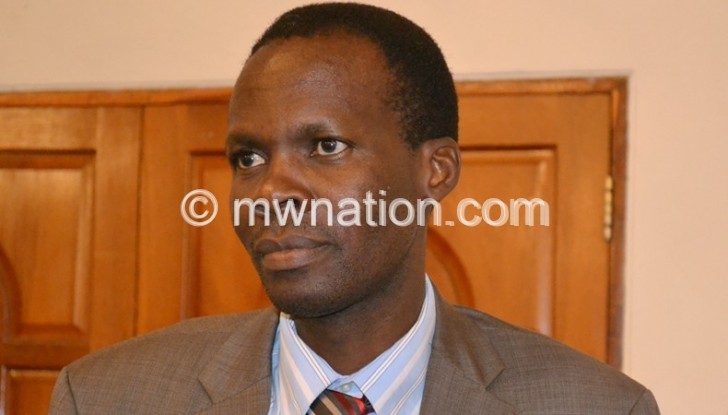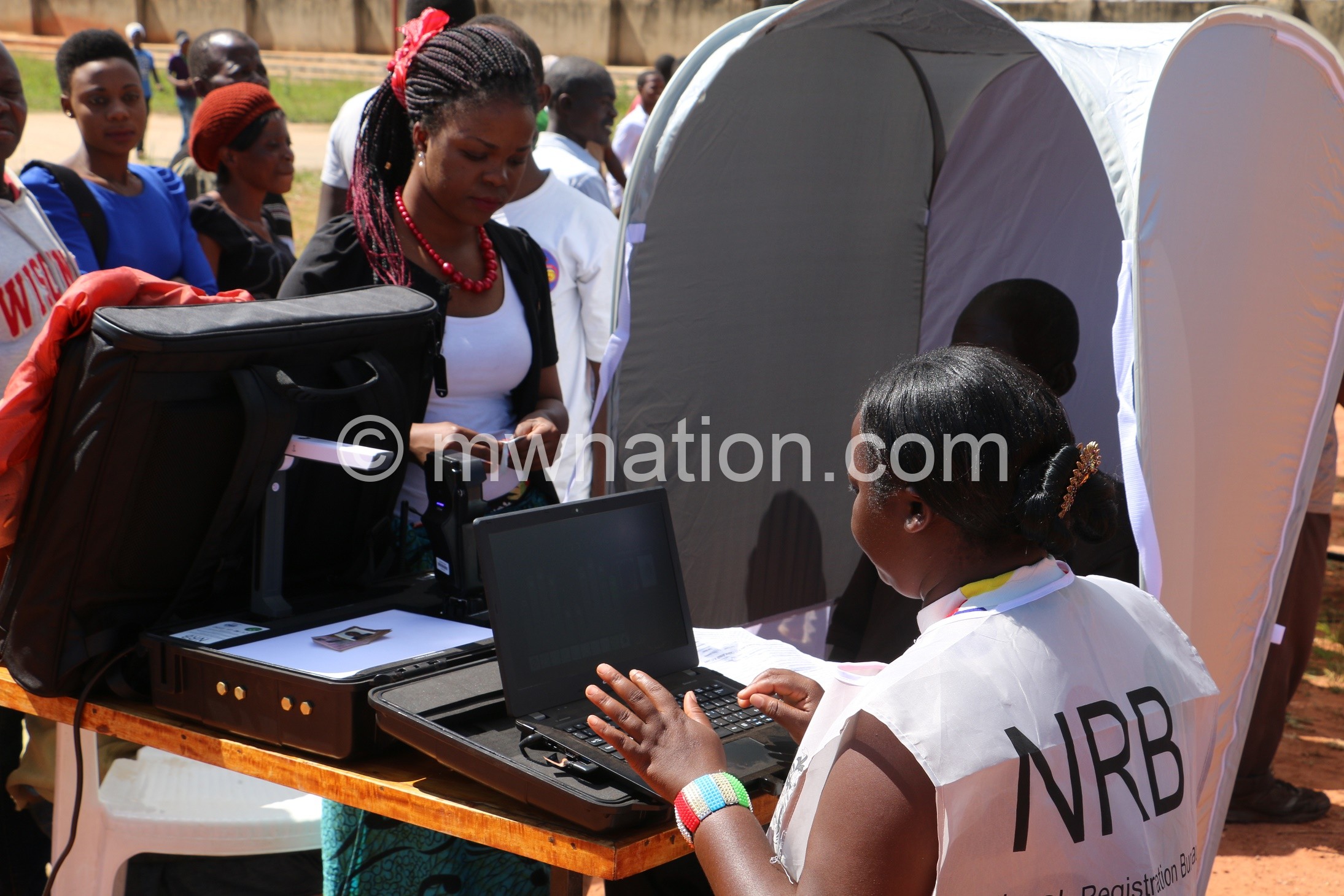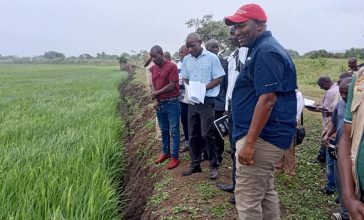Economic management poor—World Bank
The World Bank annual assessment of Malawi’s policy and institutional progress has attributed the country’s poor economic management to increasing wage demands and subsidies which have cost government a good rating on fiscal policy.
The Country Policy and Institutional Assessment (CPIA) 2015 Africa report released on June 29 indicates that the country continues to score poorly on economic management indicators such as monetary and exchange rate policy, fiscal policy and debt policy.
In 2015/16, wages and salaries made up 8.9 percent as a share of the GDP followed by goods and services at 7.6 percent then subsidies at 6.9 percent.

Before revising the 2015/16 budget earlier this year by K23 billion, salaries amounted to K228 billion of the K698 billion projected expenditure while K125.5 billion was planned to be paid out as interest on public debt.
This year, civil servants are demanding a salary increment of more than government’s planned 15 percent average and an agreement is yet to be reached.
On the other hand, subsidies went up by K26.1 billion in 2015/16 even after the government attempted to stick to a K41 billion ceiling on Farm Input Subsidy Programme (Fisp).
According to the World Bank, countries are rated on a scale of one to six—with one being a low and six a high rating—for each indicator and the ratings depend on actual policies and performance, rather than on promises or intentions.
In the 2015 CPIA Africa Report, Malawi has scored an average 3.2 which is the sub-Saharan Africa IDA average with the lowest scoring indicator being economic management at 2.8 while policies for social inclusion and equity scored 3.5.
By end December 2015, 33.1 percent of the total external debt ($ 589.9 million) was owed to the World Bank but the average 3.2 in that Malawi remains eligible for IDA support having scored the average.the second successive year means
On the fiscal policy indicator, which Malawi scored a low 2.5, the World Bank attributed this to rising debt charges and settlement of outstanding arrears.
“Rising debt service costs, increasing wage demands, costly subsidy schemes, and the need to settle outstanding arrears continued to fuel a large fiscal deficit. With the government simultaneously recording increases in expenditures and decreases in receipts, Malawi’s fiscal position came under significant stress in fiscal year 2014/15,” the report states.
As of end December 2015, total public debt amounted to $2.6 billion comprising $1.80 billion external debt and $0.8 billion (K453.4 billion) domestic debt, according to the 2016/17 financial statement, which as a proportion of GDP was 51 percent.
Responding to the assessment, Ministry of Finance spokesperson Nations Msowoya said the CPIA Africa report and specifically on Malawi, was backward looking.
“The report is looking backwards so taking into account floods and drought of 2015, it is correct that economic management was a challenge,” he said.
In his 2016/17 budget statement, Minister of Finance Goodall Gondwe attributed the annual average inflation rate for 2015 of 21.8 percent to the combined effect of food scarcity, a higher level of liquidity in the economy, as well as the unexpected depreciation of the exchange rate during the tobacco season.





